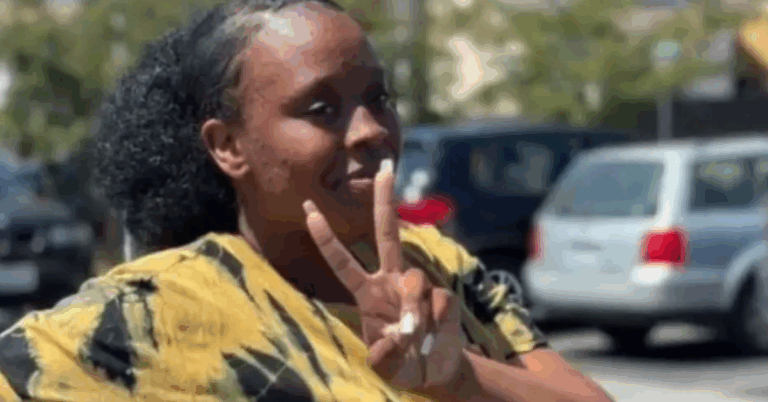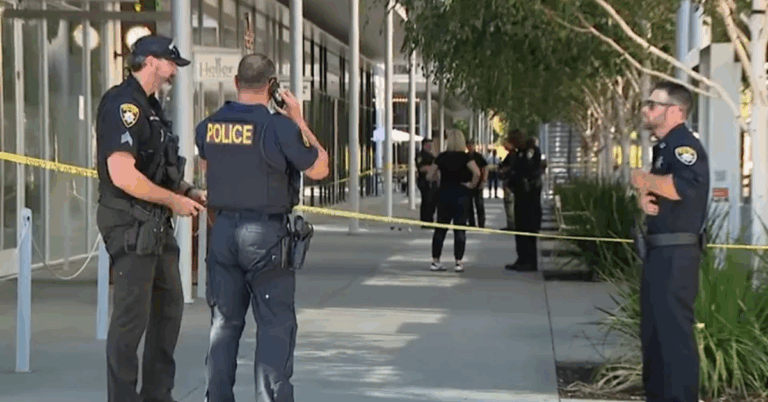
Social media was set ablaze recently when a well-known transgender cyclist representing Team USA celebrated the assassination of Charlie Kirk, a prominent conservative political commentator. The controversial post has stirred strong reactions from various communities, demonstrating how digital platforms continue to influence political discourse worldwide. This incident also raises questions about freedom of speech versus responsibility in public posts.
Young audiences, especially those active on social media, often see such events unfold in real time, which can impact their views on politics and public figures. Understanding the sensitivity and consequences of sharing inflammatory comments online is essential. This article explores the details of the post, the public response, and the broader implications for social media conduct.
Who Is Charlie Kirk and Why Is the Controversy Significant?
Charlie Kirk is a well-known American conservative activist and the founder of Turning Point USA, a group that promotes conservative values on college campuses and beyond. His outspoken political views have made him a polarizing figure, admired by some and criticized by others. An assassination celebration directed at him naturally shocks many, igniting debate about the limits of political expression. For more background on Charlie Kirk, visit Turning Point USA’s official site.
Details of the Social Media Post by the Transgender Cyclist
The athlete, who has competed for Team USA in international cycling events, posted a message on her social media account expressing joy over the rumored assassination of Charlie Kirk. This post quickly went viral, sparking outrage from followers and political groups alike. Many criticized the post as highly inappropriate and dangerous. According to NBC News, the platform has since suspended or flagged the account temporarily due to policy violations.
Public Reactions and Social Media Backlash
The response to the post was swift and widespread. Supporters of Charlie Kirk condemned the message as hateful and harmful. At the same time, some advocates for transgender rights highlighted the complexity of the athlete’s identity while still encouraging respectful dialogue. The incident has sparked conversations around online conduct and the responsibilities of public figures in digital spaces. Social media ethics experts suggest that viral posts like these can lead to real-world consequences for all involved. For an expert view on social media responsibility, refer to Pew Research Center’s Internet Project.
What Does This Mean for Young People Using Social Media?
This event offers important lessons for young social media users in India and globally. It highlights how words shared online can trigger large-scale public responses and impact reputations. Younger audiences are encouraged to think critically about what they post and to understand the potential consequences of their words in digital communities. Cultivating respectful and informed discussions online is key to creating safer social media environments.
Conclusion: Balancing Freedom of Expression with Responsibility
The controversy surrounding the transgender Team USA cyclist’s post about Charlie Kirk’s assassination serves as a reminder of the power and risks of social media. While freedom of expression remains a fundamental right, public figures and everyday users alike must navigate it with care. Engaging in respectful and thoughtful conversations can help bridge divides and reduce the spread of harmful content online.
Going forward, social media users should learn from incidents like this and promote positive interaction, especially when discussing sensitive topics. By fostering empathy and understanding, younger generations can use digital platforms as tools for connection rather than division.









